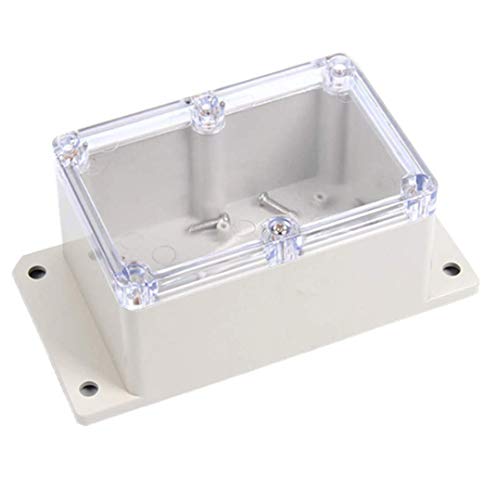- Joined
- Jun 21, 2008
- Messages
- 17,020
- Reaction score
- 46
If customer requests a certificate to satisfy council and you give a PIR which doesn't, you've not done the work that was requested.I always tell them that I can only do a pir. They always agree as they have no choice. The stupid thing is sometimes the local council acept it . There is no breach of contract. As a fully NICEIC approved contractor who has all his qualification and having been in the job for nearly 30years including a full apprenticeship and years working for MANWEB I know what I am talking about. I am not some DIY spark who sits round on his elbows apache!
Clearly
BTW DON'T PM ME ABOUT THESE THINGS POST IN THE FORUM!
































































